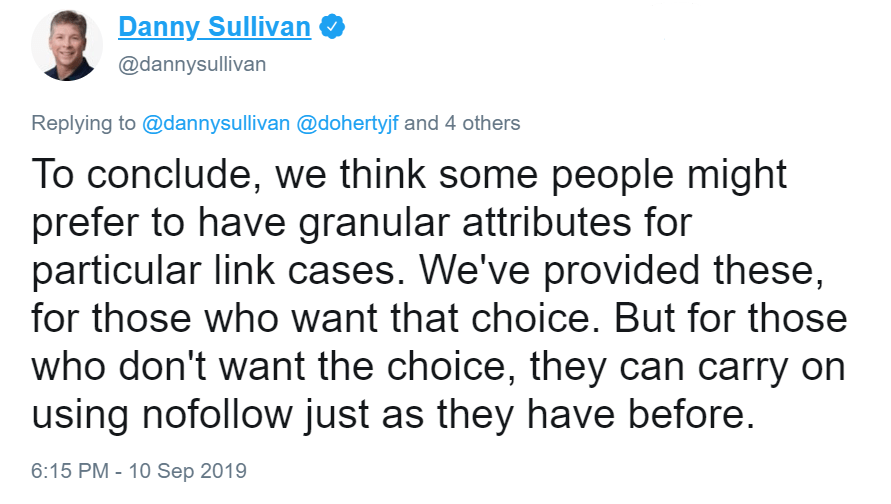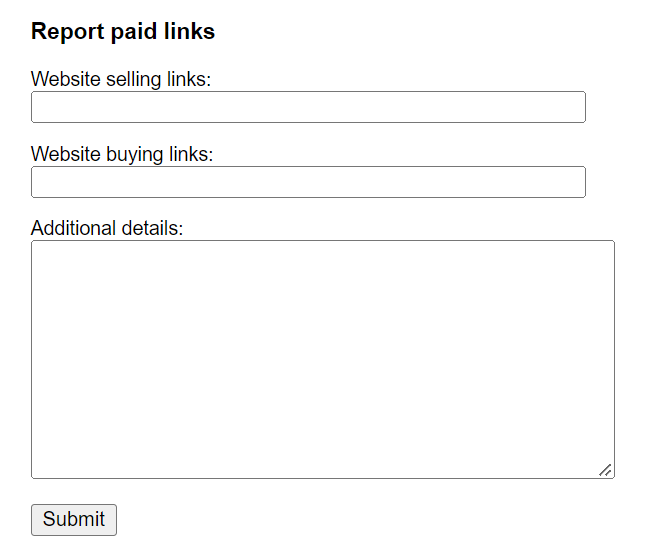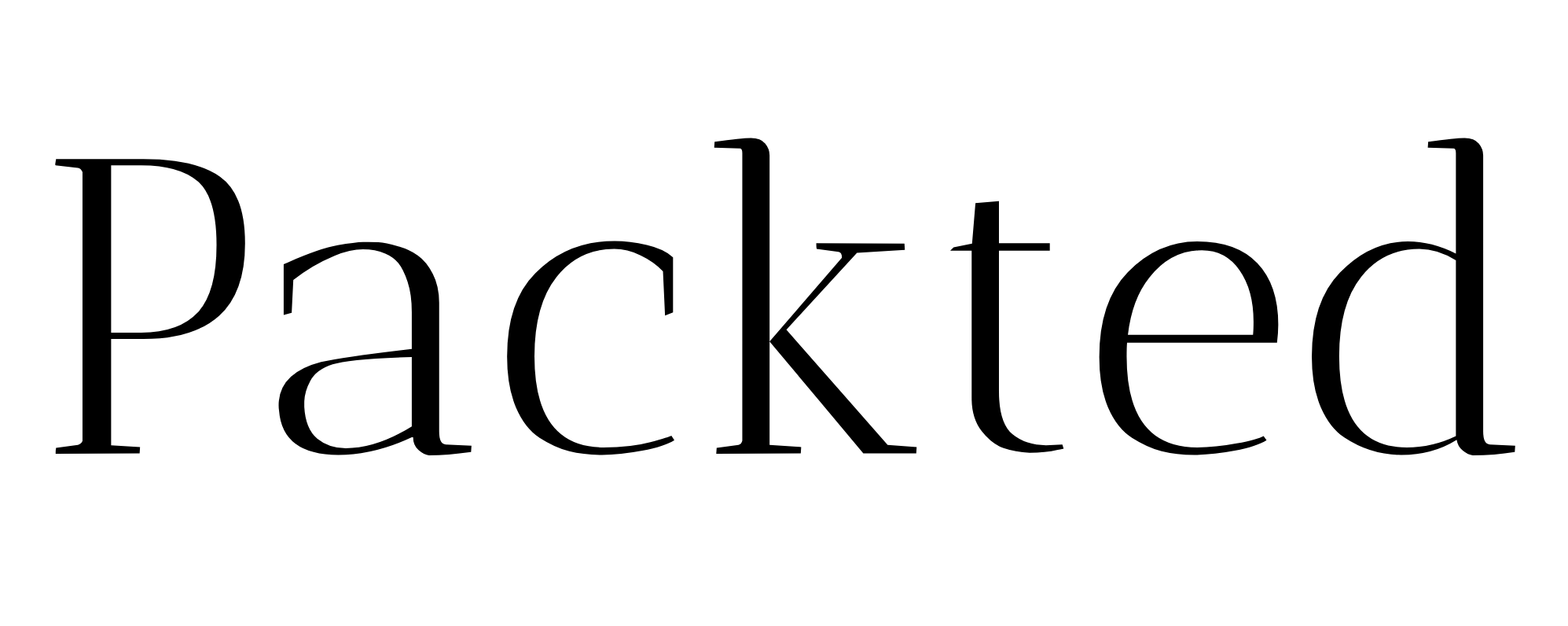What is the Difference Between Nofollow and Sponsored Links?
When placing links in the content, you have some choices: To make the links dofollow, nofollow, sponsored, or UGC.
Generally, following links (or links with no attribute) passes PageRank (known as link equity or link juice).
And links attributes like nofollow, UGC, or sponsored links don’t pass equity. These links, however, tell Google more about the link.
And SEOs still debate over if a nofollow link from a reputable website like Wikipedia helps in ranking or not.
So today’s post will be all about the rel=”nofollow” and rel=” sponsored” outbound links.
Table of Contents
Too long; Didn’t Read
Nofollow links are used when you don’t want Google to pass PageRank. These are used for various purposes. Whereas, Sponsored links are specifically used when the link is paid.
What are Nofollow Links?
Google introduced the rel=”nofollow” attribute in order to combat spam. This means if a link is nofollow, no PageRank or link equity will be passed.
According to Google, “Nearly 15 years ago, the nofollow attribute was introduced as a means to help fight comment spam. It also quickly became one of Google’s recommended methods for flagging advertising-related or sponsored links. The web has evolved since nofollow was introduced in 2005 and it’s time for nofollow to evolve as well.”
Google says that they don’t follow these links. In fact, they said “Links marked with these rel attributes will generally not be followed”
This is when you include a nofollow link to another site.
But what happens when you build links?
Suppose you are posting your website’s links on social media, directories, press releases, or editing Wikipedia, do you think these links are followed?
I don’t think so.
Most of the “Self-created links” are nofollow. (And yes, anybody can edit Wikipedia.)
In fact, big publications like Forbes, Inc, Entrepreneur, Huffington Post, and more are already making all outbound links as nofollow. Also, for your information, Google ignores links from these sites.
Let’s see a use case of no follow link:
Suppose you are writing a blog on some topic, and you want to link to a resource or a website in your content. If you aren’t sure if they are relevant to your website, then you can use the nofollow attribute. Some people also nofollow the links when the link is sponsored (more on this later)
But are nofollow links a ranking factor?
In most cases, no. Google finds the signals like nofollow and sponsored as “hints”. Gary says, “If you want to help us understand the web better, implement them. If you don’t want to, don’t.”
I would like you to take away this from Google, “Use the nofollow value when other values don’t apply, and you’d rather Google not associate your site with, or crawl the linked page from, your site. For links within your own site, use the robots.txt disallow rule.”
Example of Nofollow Link
Let’s understand no follow with two cases. One where you are linking, and one when you are getting this link.
First, let’s see the “you are giving nofollow” case.
Suppose you have turned on blog commenting on your blog and tons of people comment on random things to get links. These links are not relevant to you or your site, so in those cases, you should mark these links as nofollow.
Google also adds, “If you can’t or don’t want to vouch for the content of pages you link to from your site — for example, untrusted user comments or guestbook entries — you should nofollow those links. This can discourage spammers from targeting your site, and will help keep your site from inadvertently passing PageRank to bad neighborhoods on the web.”
A great example of you building links is social media. Whenever you link your article to social media sites (like Reddit, Twitter, and Instagram), they make these links nofollow.
Because they don’t want to risk their PageRank, Duh!
When to Use the Nofollow link?
There are some scenarios when you want to use the nofollow attribute. Some of these use cases are:
- You exchanged money or anything monetary for the link (more on this later)
- You aren’t sure of the link. (if that can mess with PageRank)
- Blog comments, or other
- User-generated content
- You want to detach yourself from the bad names.
- If the webpage/website is not relevant to your website
Or maybe you prefer to make all the outbound links as nofollow. But it’s not the greatest recommendation because you don’t need to be scared of the link equity passing over.
I had a case in one of my blogs where I wanted a reference for a “not-so-good” site, so in order to distance myself, I marked the link as nofollow.
What does Google think about the no-follow link?
Google sees all types of links as “hints”. Whether they are marked as nofollow, sponsored, or UGC, Google will see if they want to include them in the search or not.
So marking a link as nofollow doesn’t mean that it will not be included in the search.
When asked why don’t completely ignore those links?
Google says that links convey some useful information that can be used to access the quality and relevance of the link. And they will this information along with information in their database to know more about the link.
In a video by Google, John Mueller explains that if the Google system comes across a rel= ”Nofollow” link, they will:
- Take note of the links, and
- Will not transfer PageRank.
But he also said that users can click those to go to other websites.
Watch the full video here:
Also, this is a great tweet on these links by Danny Sullivan which tells which attribute is great for use:

Also, if you are thinking, nofollow links don’t hurt your site.
So if you are link-building and you get a nofollow link, they will not hurt your site’s ranking or anything.
What is Sponsored link?
If your content has paid links, affiliate links, or advertisement links, then these are qualified for rel= “Sponsored”. These are also known as paid links because the websites exchange money for getting links.
Previously, all types of paid, UGC, or other types of links come under the nofollow attribute.
But in 2019, Google introduced 2 types of attributes, sponsored and UGC. These are mainly for Google to identify whether the link is paid or is user generated (like comments).
While we are on the subject of paid links, here’s what Google’s stance is on these:
“Not all paid links violate our guidelines. Buying and selling links is a normal part of the economy of the web when done for advertising purposes, and not for manipulation of search results. Specify that the links were purchased for advertising by doing one of the following actions:
- Adding a rel=”nofollow” or rel=”sponsored” attribute to the <a> tag
- Redirecting the links to an intermediate page that is blocked from search engines with a robots.txt file”
Alternatively, Google also has a tool where you can report paid links.

You just have to enter the website that’s selling links and the website that’s buying links.
In the words of Google themselves, “Unfortunately, not all websites have users’ best interests at heart. Some site owners attempt to “buy PageRank” in the form of paid links to their sites.
Google uses a number of methods to detect paid links, including algorithmic techniques. We also welcome information from our users. If you know of a site that buys or sells links, please tell us by filling out the fields below.”
So this is a great way of telling google, ‘hey, this person is buying and selling links. If you identified that your competitor is engaging in these “link schemes”, then you can report their links. (your competition must be scared of you now, lol)
But you might question “we are using affiliate links for monetization”, so what to do in that case?
Google has an answer to that. They say that you should use rel= ”sponsored” whenever:
- You are including affiliate links, or
- You are doing sponsored or paid guest posts
Google also has guidelines for these links. You should check the documentation to avoid getting any penalties.
Example of sponsored link
There can be many examples of sponsored links. The most common ones are paid guest posts, affiliate links, or advertisements. Let’s explore examples of each.
- Paid Guest post: A great way for people to monetize is by using paid guest posts. This ain’t bad. But you should let Google know about it. An example of this can be: Suppose you are a new website in the pets niche, and you want to gain some quality traffic. One way is to guest post for a reputable website in your niche (in this example, pets).
- Affiliate Links: Let’s take the last example. Suppose you are writing a post on the best cat foods on your pet blog, and you have some great recommendations. So you can include an affiliate link to that page. This means, whenever someone clicks your link and buys, you will get a commission.
Whichever link you want to use, you should identify them with a proper rel-tag.
When to use sponsored links?
As we discussed earlier, if you are doing link-building that involves monetary transactions, you should use sponsored links. That includes, but is not limited to, guest posts, any type of affiliate links, or more.
What does Google think about sponsored links?
Google says if you are paying for links, then you should the appropriate attribute. So that Google knows the relation between both pages.
In a #AskGoogleBot episode, John Mueller tells us about whether should we hide affiliate links or not. You can watch the full episode here:
Also, in a tweet, John says that you should use sponsored for any affiliate link.
What is the Difference Between Both?
The rel=nofollow attribute is used for informing search engines to ignore the link. Whereas, rel=sponsored is used to inform search engines that this link is sponsored or paid for. Even though one can nofollow the sponsored links, Google recommends putting appropriate rel attribute.
Final Thoughts
These were my thoughts on both nofollow and sponsored tags.
But the sad reality is, people, don’t use sponsored attributes much. Because they think it puts them in a bad light. But Google is way smarter than people think.
With this thought, I would like to sign off!
P.S. If you want, you can email me, or connect with me on LinkedIn.
Suggested Reading: Are Backlinks Important for SEO?
